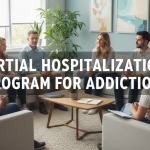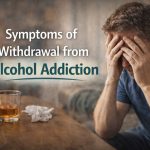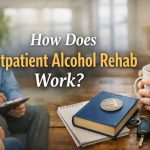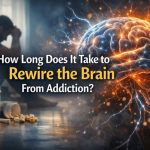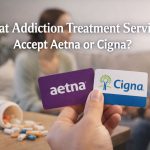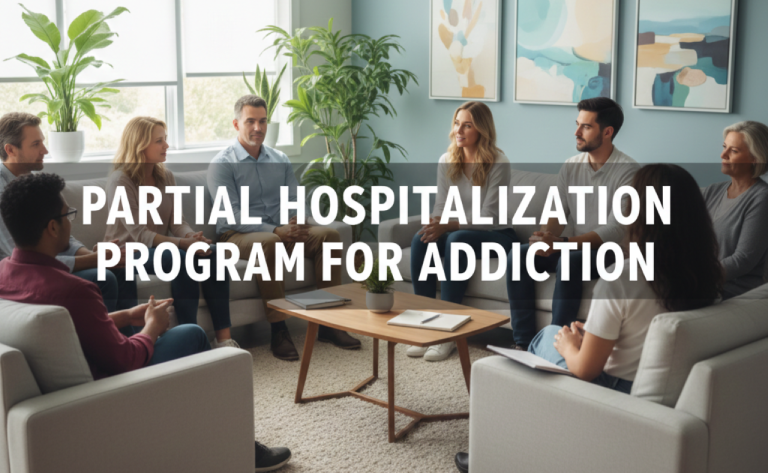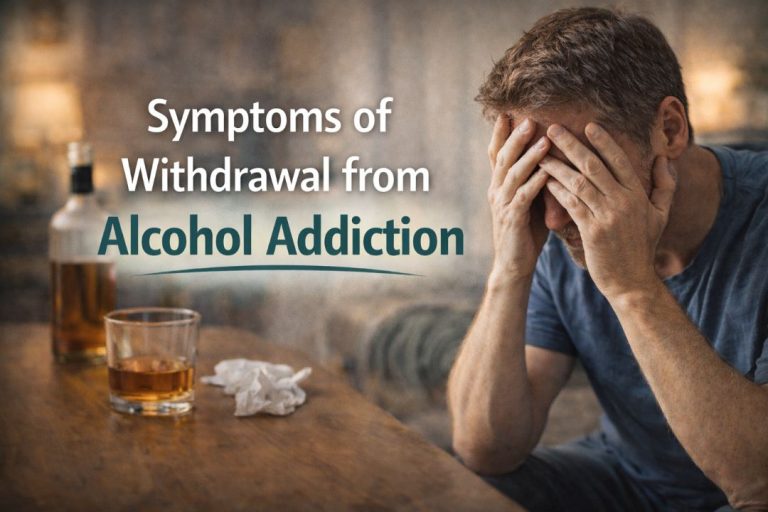Addiction recovery is not an easy task and involves collaboration of many treatment approaches with intense and personalized support. Moral reconation therapy (MRT) is one highly effective approach that is gaining popularity. MRT was originally designed to address criminal behaviors, and MRT has transitioned into a practice used extensively in addiction treatment programs to foster behavioral change and create a long term recovery. This evidence-based therapy targets cognitive and moral development thereby empowering the people to choose better life choices and take responsibility.
The Growing Need for Addiction Treatment in Orlando
Orlando Treatment Solutions builds its reputation for outstanding attractions and live culture while transforming into a serious addiction hotspot. The growing number of individuals with substance use disorders emerged from expanded access to alcohol together with illegal drugs and prescription medications.
- Statistics About Addiction in the City of Orlando Display the Following Trends.
- Overdose deaths have risen dramatically throughout Florida and specifically increased in Orange County because of fentanyl-related fatalities.
- The treatment facilities across Orlando admit patients primarily because of alcohol abuse which continues to be the foremost cause of addiction.
- Methamphetamine along with cocaine use increases at contemporary rates which affects both mental wellness and law enforcement.
- Moral Reconation Therapy and additional recovery programs must become imperative because of the acute requirement for efficient treatment methods.
Moral Reconation Therapy is Effective for Addiction Recovery.
The effectiveness of moral reconation therapy is that it is a structured and step by step process to help increase an individuals moral reasoning and decision making skills. Unlike traditional counseling, MRT takes on the challenge of addressing irrational thinking patterns and creating healthy habits.
Here’s why MRT works:
Cognitive Restructuring: MRT allows clients to become aware and change destructive thinking patterns that reinforce the addictive behavior.
Moral Reasoning Development: People progress through stages of moral reasoning, progressing to react according to higher ethical standards rather than immediate gratification.
Accountability and Responsibility: Participants consider what happened, take responsibility and learn what impact their behaviour has on others.
Improved Emotional Regulation: Clients learn to manage emotions more constructively by doing moral reconation therapy exercises.
MRT research shows that it lowers recidivism rates and helps sustain sobriety by strengthening decision making skills and the ability to recognize one’s self.
What to Expect
The Structured Curriculum of an MRT program demands that the participants grow and do their bit in personal growth. It involves group sessions led by trained facilitators and workbook-based activities. Key components of MRT programs include:

Group Discussions: Experiences and insights are shared, with peer support and mutual accountability.
Moral Reconation Therapy Exercises: Participants are challenged to reflect on their beliefs, values and behaviors with these guided activities.
Step-by-Step Progression: Each stage clients advance through involves a degree of self reflection, evaluation and behavioral change.
Moral Reconation Therapy Evaluations: Assessments are frequent to make sure participants are working on the cognitive and moral skills that lead to lasting recovery.
What makes MRT unique is that the structured nature of MRT permits participants to create a solid foundation of recovery while gradually stopping negative thinking patterns and starting positive ones.
Moral Reconation Therapy in Addiction Treatment Programs
Moral reconation therapy as a tool for dealing with the underlying causes of addictive behavior provides a powerful addition to addiction treatment programs. Together, MRT’s approach to cognitive restructuring and moral reasoning enhances other modalities, e.g., individual counseling and group therapy.
Here’s how MRT fits into a comprehensive treatment plan:
Targeting Root Causes: MRT trains people to overcome the issues of impulsivity, poor decision making, and lack of accountability.
Building Resilience: Helping clients develop their moral reasoning helps them deal with life’s problems without using substances.
Enhancing Relapse Prevention: MRT helps clients recognize high risk situations and choose healthier options.
Addiction recovery center in Orlando offering MRT as one of their services in this holistic, multi-layered approach ensure improved overall treatment outcomes.
Is MRT Therapy in Orlando Right for You?
Your unique needs and circumstances will determine how well a candidate for moral reconation therapy is. Consider MRT if:
- You often keep getting stuck in patterns of negative thinking and bad decisions.
- You have been through trauma (which might bring therapeutic mileage from exploring moral reconation therapy and trauma).
- You want a structured, evidence-based program where you are personally accountable.
- You want long term cognitive behavioral change to sustain sobriety.
The addiction experts can help to explain how MRT relates to your customized treatment plan.
Finding an MRT Therapy Program in Orlando
To break free from addiction one must dedicate themselves to evolving individually while adopting completely fresh thinking patterns and actions. Addiction treatment through Moral Reconation therapy harnesses the possibility of distortion change and elevated moral thought for building a complete recovery pathway. MRT supplies enduring transformational tools to all individuals who want to create lasting recovery together with personal growth and life contentment.

A rehab center in Orlando that implements treatment programs based on MRT should be considered by anyone who has a substance abuse problem or a close relative. Orlando Treatment Solutions designs its addiction treatment according to individual needs and its staff aims to assist all our patients. To learn more about how moral reconation therapy can help you rebuild your recovery. Call us at (321) 415-3213 today.







